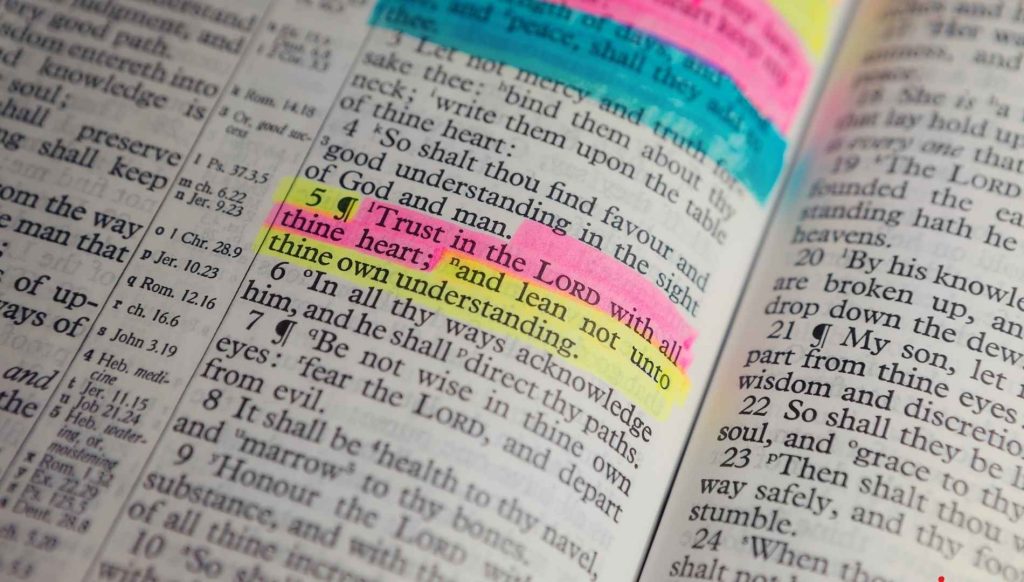Who Wrote the Bible?
Who wrote the Bible? The authorship of the Bible is a complex and multifaceted topic. Some believe that God inspired the Bible, making Him the ultimate author. Others attribute the writings to specific individuals, such as Paul the Apostle, who wrote many of the New Testament letters, or Moses, who is traditionally credited with writing the Pentateuch, the first five books of the Old Testament. However, the exact human authors of many parts of the Bible remain unknown, as it was written over centuries by various writers and editors.”
The Bible, one of the most influential and widely read books in history, is a collection of sacred texts that span centuries. Its authorship is complex, involving multiple writers across different periods and regions. Let’s explore who wrote the Bible.
According to : 2 Timothy 3:16 states that God “breathed out” Scripture. God is referenced throughout the Bible because the phrase “thus says the Lord” (NKJV) appears more than 400 times. Psalm 119, Proverbs 30:5, Isaiah 40:8, 55:11, Jeremiah 23:29, John 17:17, Romans 10:17, Ephesians 6:17, and Hebrews 4:12 are only a few of the numerous instances in the Bible where it refers to itself as the Word of God. The Bible is claimed to be inspired by God (Matthew 4:4; Deuteronomy 8:3).
The Bible, a cornerstone of religious faith and history, is a compilation of texts written by various authors over centuries. Understanding its authorship provides insight into its diverse perspectives and profound teachings.
Divine Inspiration and Human Authorship
Christians believe that the Bible is divinely inspired, meaning that while human authors penned the words, they were guided by God. This dual authorship suggests that the scriptures are both a product of human experience and divine revelation. As stated in 2 Timothy 3:16, “All Scripture is breathed out by God and profitable for teaching, for reproof, for correction.”
The Old Testament
The Old Testament, also known as the Hebrew Bible, comprises several sections:
- The Torah (Pentateuch): Traditionally attributed to Moses, these first five books—Genesis, Exodus, Leviticus, Numbers, and Deuteronomy—lay the foundation of biblical law and narrative.
- Historical Books: Including Joshua, Judges, Samuel, and Kings, these texts narrate the history of the Israelites.
- Wisdom Literature and Prophets: Books like Psalms, Proverbs, Isaiah, and Jeremiah, authored by various figures, offer poetry, wisdom, and prophetic messages.
The New Testament
The New Testament focuses on the life and teachings of Jesus Christ and the early Christian church:
- The Gospels: Attributed to Matthew, Mark, Luke, and John, these books provide four perspectives on Jesus’s life and ministry.
- Acts of the Apostles: Written by Luke, this book details the early church’s formation and spread.
- Epistles: Letters from apostles like Paul, Peter, James, and John to various Christian communities, offering guidance and theology.
- Revelation: Attributed to John, this apocalyptic text presents visions of the end times.

Compilation and Canonization
The process of compiling the Bible involved discerning which writings were divinely inspired. Councils and religious leaders debated and decided on the canon over centuries, leading to variations among Jewish, Catholic, Protestant, and Orthodox traditions.
The Role of Scribes and Translators
Scribes meticulously copied manuscripts to preserve the texts, while translators rendered them into various languages, making the scriptures accessible to diverse populations. Notably, the Septuagint is a Greek translation of the Hebrew Bible, and the Vulgate is a Latin translation by St. Jerome.
Conclusion
The Bible’s rich tapestry of authorship reflects a collaboration between the divine and human, offering profound insights and guidance. Its creation involved numerous individuals inspired to convey spiritual truths, resulting in a text that continues to influence and inspire millions worldwide.
For a deeper exploration of this topic, you might find the video insightful:
Read our more Topics.

